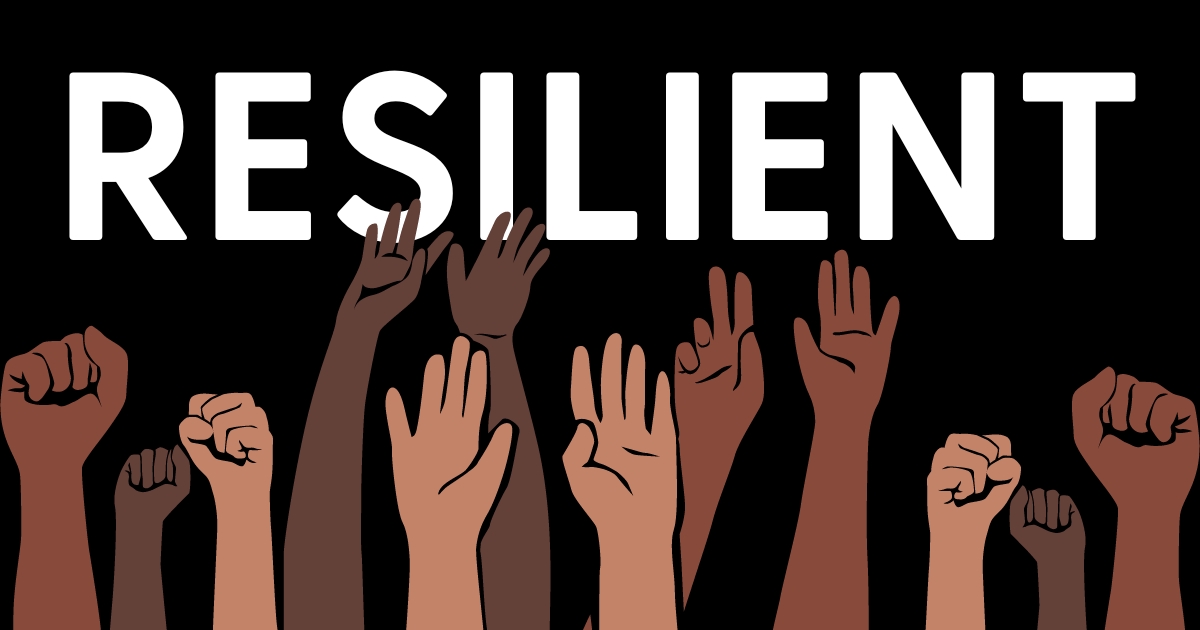
Category: Cooperative Extension

Resilient: Self-care and African Americans in the United States
February 01, 2024 Written by Extension Agent, Health and Well-being
As we celebrate Black History, let us explore some of the ways African American people have moved from survival to resilience. This comes down to: "Self-Care."
Before mental health was trending, and companies found ways to turn "self-care" into a $450 billion dollar industry, African Americans, even in their oppressed state, had been practicing self-care for hundreds of years. Self-care is the business of taking actions to protect one's own well-being; let us take it a step further and say it is the business of recognizing one's worth and taking actions to protect that worth.
When pressed with hatred, slavery, racism, discrimination, and injustice, African Americans dug deep and found the strength to take care of themselves by way of Spirituality, Music, and Physical Movement.
Spirituality
The Self-Care industry says spirituality is a part of self-care. African Americans found the strength to call forth and stand on their faith, believing there was "greater" in them despite how they were being treated. In places of worship, the one place where many were allowed to gather freely, they expelled the demons of darkness, hatred, and pain with dancing, prayers, and singing.
Music
Yes, they sang, in our Ancestral Microtones, singing those notes that are so close together, such as the second, fourth and yes, that bottom seventh note, creates a sound so harmonically unifying it speaks to how close we are as a people while distinguishing our sound from the West.
African Americans used songs to communicate pain, suffering, but most importantly plans for freedom. Vocal music, known as 'signal songs, ' communicated directions to escape the oppressors, travel along the underground railroad, and cross into the Promised Land. Though danger was present on every side, we kept singing to strengthen, encourage, and embolden one another on our collective journey to liberty.
Physical Movement
Yet tired and broken African Americans gathered in various places of worship. Those worn bodies would be renewed and respond instinctively to the comforting sounds of the drumbeats that reminded them of the "Homeland." With stomping, twisting, jumping, and shouting, we exorcized depression, anxiety, hatred for our oppressors, and two mental Goliaths called Helplessness and Hopelessness. In our dancing, we declared to ourselves and to each other, 'SEE ME, I'M ALIVE, I SEE YOU, YOU'RE ALIVE.
Eventually, our physical movement went beyond dancing and shouting, far beyond our ancestors' wildest dreams; our physical movement brought a Movement for Justice and Equality. Our bodies conducted sit-ins, boycotted, and marched from the dusty streets of Selma to the main streets in Montgomery and to the slave-built grounds of Washington DC. We marched for ourselves, our kids, our neighbors, and our ancestors. WE MARCHED FOR OUR SELF-CARE!
African Americans are adorned with the effects of what self-care can do! Happy Black History Month. Remember to take care of yourself; you deserve it!
